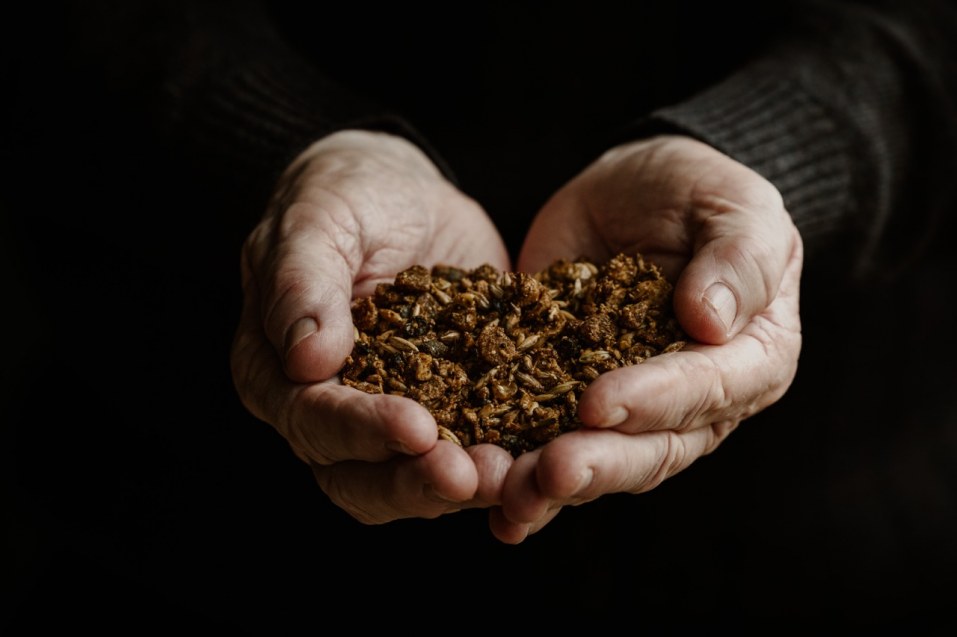
We are all aware of the negative connotation that ‘processed’ foods have around everyday human foods. These foods are often highly refined, having undergone a number of stages of processing and in most instances have a high addition of sugar, salt, unhealthy fats, artificial colours, flavours and thickeners.
In the manufacture of horse feeds, however, the term ‘processed’ refers to, in most instances, the processing of the grain – which is of key importance in energy utilization and optimal starch digestion for equine health.
Grain can be simply cracked or kibbled - a ‘mechanical process’ which opens up the kernel of the grain, allowing easier access to the starch within the grain by the horse’s own enzymatic digestion. Although this is a better option than feeding ‘unprocessed’ or ‘whole grains’, it is not the ideal form of ‘processing’ for many grains in equine diets, particularly Barley and Maize.
Barley and Maize are both calorie-dense feedstuffs, providing a great fuel source for performance horses and those requiring weight gain.
So, cooking or ‘heat processing’ Barley or Maize are the gold standard for feeding these grains to horses.
In an ‘unprocessed’ form, the starch within these grains has very low digestibility in the small intestine of the horse. This lack of pre-caecal starch digestion results in excess starch making its way into the hindgut. Excess starch in the hindgut can cause a proliferation of starch fermenting bacteria, resulting in an increase in lactic acid production and a change in hindgut pH. This change to a more acidic hindgut alters the balance in the delicate microbiome, increasing the horse’s risk of hindgut acidosis, colic, laminitis and potentially behavioural change.
The “heat processing” of grain assists the digestive process in the horse. The application of heat and moisture that occurs in a process such as extrusion increases the digestibility of starch in Maize by up to 90%.
The heat restructures the starch granules resulting in gelatinisation of the starch, allowing for starch to be more readily available for enzymatic digestion in the small intestine, reducing the risk of inadequate pre-caecal starch digestion and the subsequent health consequences mentioned above.
There are other feed stuffs in equine diets that require processing to ensure their safe inclusion and/or to optimise their performance in the diet. Soyabeans, which are often included in equine feeds as either Soyabean Hulls, providing a ‘super fibre’, or Soyabean Meal, contributing quality protein, are an ingredient that requires ‘heat processing’. Heat processing destroys trypsin inhibitors which are anti-nutritional factors and ensures optimum protein digestion.
So, although when we scan the supermarket shelves for ourselves we may well steer away from ‘processed’ foods with a lot of numbers, for our equine friends, processed is usually best.

